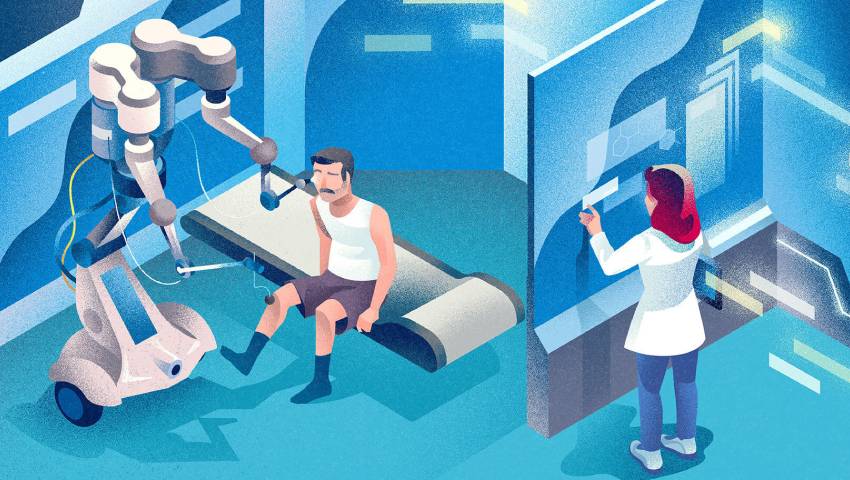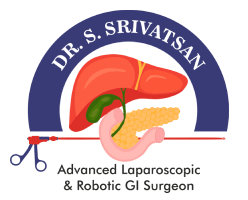
- 15/07/2018
- Dr. Srivatsan Gurumurthy
- 0 Comments
- Blog
Artificial Intelligence In Healthcare – Can It Replace The Doctor?
Just imagine a scenario wherein with your MRI of the knee joint, a software can predict your risk of developing a disease like osteoarthritis, based on pattern profiling of million of other MRIs to predict whether you are at risk and also offer preventive options for the same.
A new kind of doctor has entered the consultation chamber but doesn’t have a name. In fact, these doctors don’t even have faces. Artificial intelligence has made its way into hospitals around the world or maybe just, in the near future.
So, what is Artificial Intelligence:
Artificial Intelligence (AI) is a general term that implies the use of a computer to model intelligent behaviour with minimal human intervention. AI, described as the science and engineering of making intelligent machines, was officially born in 1956. The term is applicable to a broad range of items in medicine such as robotics, medical diagnosis, medical statistics, and human biology—up to and including today’s “omics”.
AI in medicine has two main branches: virtual and physical. The virtual branch includes informatics approaches from deep learning information management to control of health management systems, including electronic health records, and active guidance of physicians in their treatment decisions. The physical branch is best represented by robots used to assist the elderly patient or the attending surgeon. Also embodied in this branch are targeted nanorobots, a unique new drug delivery system. The societal and ethical complexities of these applications require further reflection, proof of their medical utility, economic value, and development of interdisciplinary strategies for their wider application.
AI vs Doctors:
Artificial intelligence can assist doctors to make treatment decisions, as offered by IBM Watson for Oncology, based on information provided, as compared with millions of other similar patient profiles, research articles, textbooks, guidelines and clinical trials. In fields like radiology, pathology and genetics artificial intelligence has a role to play in healthcare by computational technology and machine learning. Repetitive tasks are performed based on data provided and analysed for patterns before the diagnosis of cancerous lesions are made on scan images and slides which may miss the human eye.
Similarly, genetic patterns of humans are analysed and predictions can be made as to who is likely to be affected by diseases like stroke, dementia, Alzheimer’s or Parkinson’s in the future. For open-minded, forward-thinking clinicians, the immediate appeal of AI in healthcare is that it would, counterintuitively, allow them to save time by allowing them to offload some of the administrative burdens, like documentation. Those wary of a robot takeover have nothing to fear; the introduction of AI into health care is not necessarily about pitting human minds against machines. AI is in the exam room to expand, sharpen, and at times ease the mind of the physician so that doctors are able to do the same for their patients.
In this respect, when it comes to healthcare, AI isn’t necessarily about replacing doctors but optimizing and improving their abilities.
